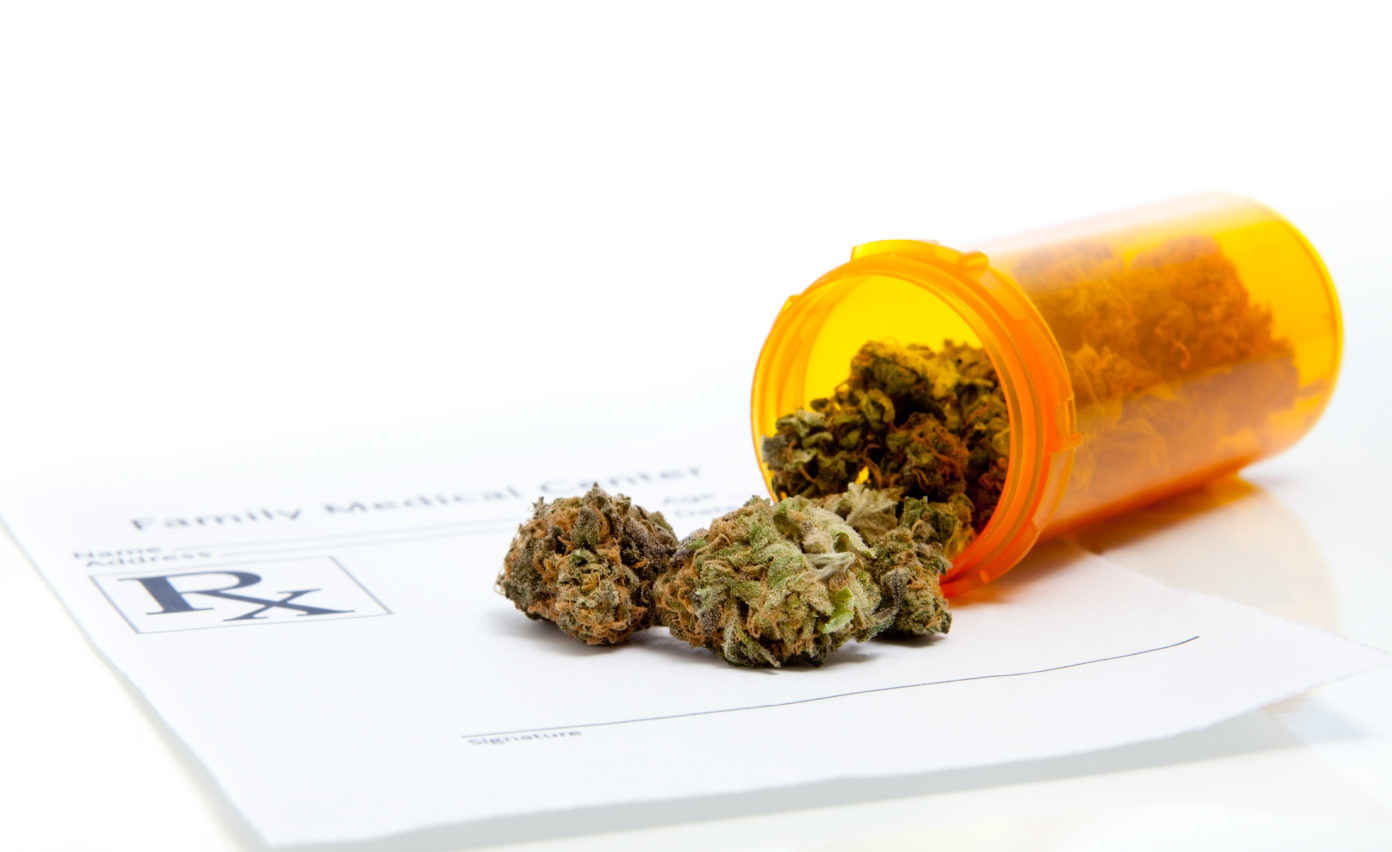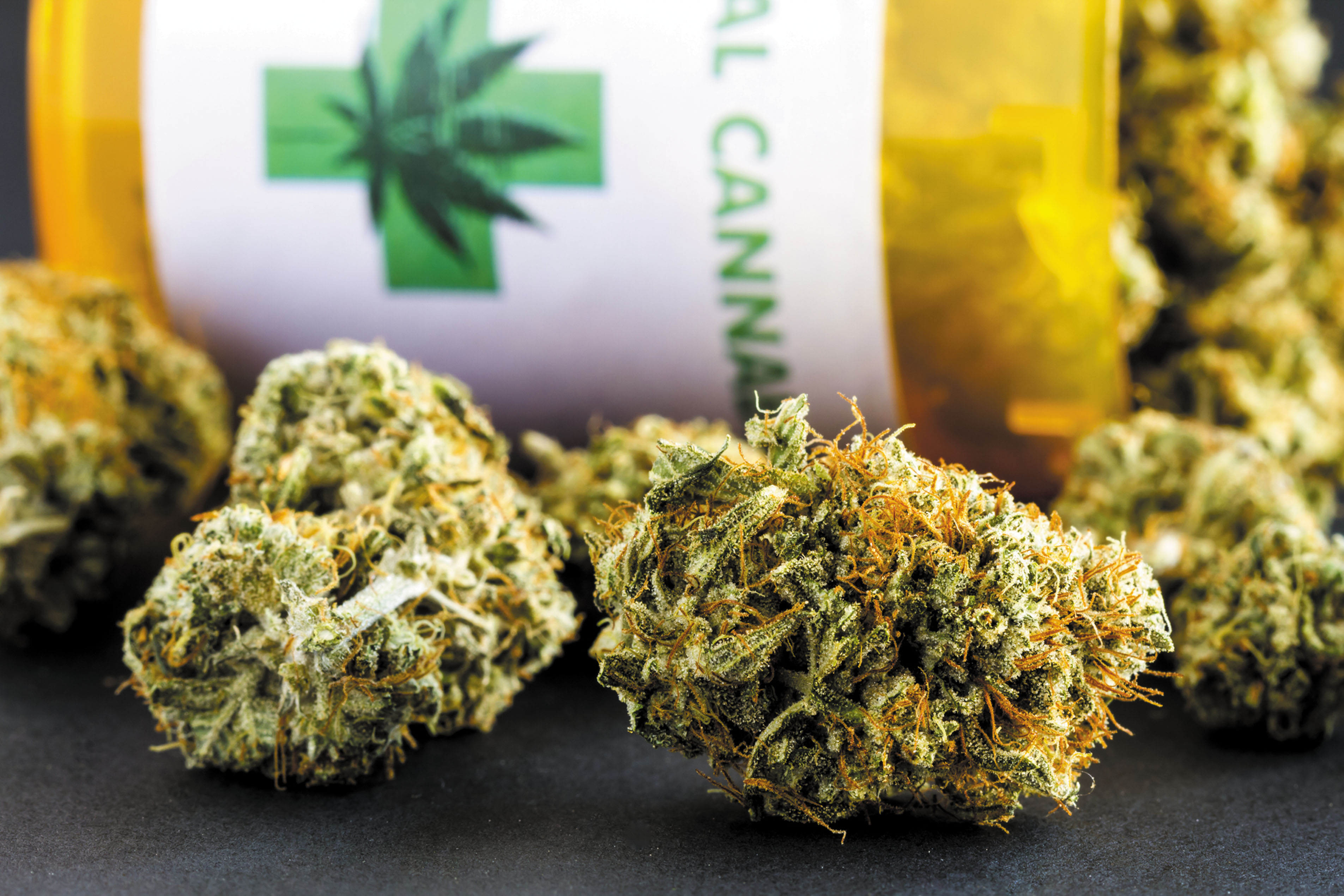Understanding the Lawful Landscape Surrounding Medical Cannabis Worldwide
You're most likely mindful that attitudes towards clinical marijuana are shifting around the world, but the lawful frameworks can be complex. Some nations have actually embraced it, while others stay strictly opposed. Comprehending these distinctions is necessary, particularly as client needs and public understandings develop. What drives these disparities, and just how do they effect accessibility for patients looking for relief? The solutions may stun you.
Historic Context of Medical Cannabis Regulation
As you discover the historic context of clinical cannabis regulation, you'll discover that its origins extend back hundreds of years. Ancient societies, from the Chinese to the Greeks, recognized cannabis for its medical properties. In 2737 BC, Chinese Emperor Shen Nong documented its use for various disorders. By the 1st century advertisement, Dioscorides, a Greek physician, consisted of marijuana in his pharmacopoeia, highlighting its effectiveness in treating pain and inflammation.
Quick onward to the 19th century, when Western medicine started to accept marijuana much more extensively. Medical professionals recommended it for whatever from migraines to labor pains. The early 20th century saw a change, as social perceptions changed, leading to stricter laws and stigmatization.
Recognizing this abundant history helps you value the intricacies of modern clinical cannabis regulations. It's a trip via time that exposes the advancing relationship in between culture and this powerful plant.
Existing Lawful Standing by Area

The United States And copyright Summary
Guiding through the landscape of clinical marijuana legislations in North America reveals a jumble of regulations that vary considerably by region. In the USA, some states have actually fully accepted medical cannabis, enabling patients accessibility through dispensaries, while others keep rigorous prohibitions. copyright, on the other hand, has actually legalized clinical marijuana nationwide, supplying a managed framework that sustains individual requirements. In Mexico, recent legislation has made strides in the direction of legalization, however application stays a work in development. Steering through these diverse laws can be challenging, as each jurisdiction has its own requirements for acquiring clinical cannabis, including qualifying conditions and application procedures. Staying educated concerning local policies is necessary for anybody considering clinical cannabis in North America.
Europe's Diverse Laws
Steering via the lawful landscape of clinical cannabis in Europe can be intricate, offered the substantial variations in laws across various countries. In some countries, like Germany and Italy, medical marijuana is legal and easily accessible with a prescription. Others, such as France, have extra restrictive plans, permitting only limited gain access to with specific trials. The UK has also made strides, allowing specific cannabis-based medications, but the process continues to be difficult. At the same time, nations like the Netherlands welcome a much more liberal method, though formal guidelines still delay behind. As you explore these varied policies, it is important to stay notified, as legislations can change rapidly and differ greatly from one nation to one more. Recognizing these nuances can help you navigate the progressing landscape successfully.
Asia-Pacific Legal Trends
The Asia-Pacific area showcases a quickly evolving landscape for clinical cannabis laws, showing a mix of progressive and traditional techniques. Nations like Australia and New Zealand have actually welcomed legalization, supplying controlled access to clinical cannabis. In Australia, individuals can obtain prescriptions, while New Zealand recently passed a mandate to enable clinical use.
On the various other hand, nations like Japan and South Korea maintain stricter policies, enabling just minimal access to cannabis-derived items. Regardless of these constraints, popular opinion is moving, with raising ask for reform.
As you browse this facility landscape, remain educated concerning regional legislations, as they can vary considerably from one country to another, influencing patient gain access to and market growth in the region.
Key Nations Blazing A Trail in Clinical Marijuana
As you explore the landscape of clinical marijuana, you'll locate several countries setting remarkable legalization landmarks. These countries not only develop regulatory frameworks that assure secure gain access to yet additionally blaze a trail in clinical study improvements. Understanding their methods will provide you useful insights right into the future of cannabis usage in healthcare.
Legalization Milestones Accomplished
While numerous nations grapple with the complexities of marijuana guideline, several have made significant strides in legislating medical marijuana, establishing crucial precedents. copyright became a pioneer in 2001, allowing patients access to clinical cannabis, leading the method for other countries. In the United States, numerous states have legislated clinical cannabis, developing a patchwork of legislations that affect public perception and policy.
Regulatory Structures Clarified
Understanding the regulatory structures controling medical marijuana is crucial for grasping just how different nations approach its usage. The United States offers a jumble of regulations, with states like California and Colorado leading in dynamic policies, yet federal laws still create challenges. By familiarizing yourself with these frameworks, you can better comprehend the international landscape of medical cannabis.
Medical Study Improvements
Countries around the world are making substantial strides in clinical cannabis study, leading to a better understanding of its healing potential. In the United States, establishments like the National Institutes of Health And Wellness (NIH) are moneying studies on cannabis's impacts on chronic pain and epilepsy. As these countries press forward, you'll witness a development in medical methods and a more clear image of just how marijuana can boost individual results worldwide.
Obstacles and Barriers to Access
Accessing clinical cannabis can be laden with obstacles that originate from varying state laws and guidelines. You may locate that in some states, the process to obtain a clinical cannabis card is prolonged and difficult, requiring considerable paperwork or appointments with accepted health care suppliers. In addition, even if you certify, the number of dispensaries can be limited, making it hard to discover a neighboring source.
Insurance coverage for clinical additional info marijuana is frequently lacking, requiring you to pay out-of-pocket. Steering through this complicated landscape can really feel overwhelming, however comprehending these obstacles is important for anybody taking into consideration clinical marijuana as a restorative choice.
Impact of Clinical Cannabis on Wellness Outcomes
While lots of people remain unconvinced regarding cannabis, study significantly reveals its potential benefits for different health and wellness problems. You may be amazed to learn that medical cannabis can help reduce chronic pain, reduce inflammation, and click for info handle signs of anxiousness and clinical depression (Kentucky Medical Cannabis Doctor). For people battling problems like epilepsy or multiple sclerosis, marijuana has demonstrated substantial healing impacts, offering relief when conventional treatments drop short
Additionally, research studies suggest that some elements of marijuana, such as CBD, can enhance general quality of life for individuals going through therapies like radiation treatment. It's vital to think about that individual feedbacks to cannabis can vary widely, so what help someone might not benefit one more. As you discover the prospective impact of medical cannabis on health end results, keep an open mind and seek advice from with healthcare specialists to tailor a therapy plan that suits your unique needs and conditions.
The Role of Health Care Providers in Individual Gain Access To
As you navigate the complexities of clinical marijuana laws, it is vital to identify the essential role health care carriers play in client accessibility. These specialists act as important overviews, assisting individuals recognize their choices and navigate legal demands. They can examine whether medical marijuana is proper for your condition and supply documents required for legal gain access to.
In addition, medical care suppliers usually enlighten individuals concerning the prospective benefits and dangers of cannabis usage, guaranteeing educated choices. They can advise suitable strains, dosages, and methods of usage customized to private requirements. Their assistance is essential, especially in regions where legislations vary considerably.

Future Fads and Predictions for Clinical Cannabis Regulations
Healthcare companies will remain to form the landscape of medical cannabis laws as they promote for patient needs and engage with policymakers. You can expect a growing trend Check Out Your URL in the direction of more inclusive regulations that identifies the healing benefits of marijuana. As research expands, even more countries will likely embrace laws that promote accessibility for individuals struggling with various problems.
Popular opinion is shifting, too, with enhancing acceptance leading the way for reform - Kentucky Medical Cannabis Doctor. You could see a surge in clinical marijuana programs customized to specific demographics, such as veterans and elders
In addition, as medical care systems integrate cannabis into treatment protocols, insurers might begin covering cannabis-related expenses, even more legitimizing its use.
Lastly, international cooperations might emerge, resulting in standardized laws and quality assurance steps. Overall, the future of medical marijuana legislations shows up dynamic and appealing, driven by proof, campaigning for, and patient-centered care.
Often Asked Concerns
Exactly How Do International Treaties Affect Medical Marijuana Regulation?
International treaties can shape your nation's clinical marijuana legislations by establishing limitations or guidelines. When countries follow these contracts, it usually affects local regulations, making it important for you to remain informed on adjustments.
What Are the Adultness Needs for Medical Cannabis Usage?
The lawful age for medical marijuana use varies by territory. In many locations, you should go to least 18, but some permit minors with adult consent. Always check local legislations prior to waging clinical marijuana.
Can Employers Fire Personnel for Medical Marijuana Usage?
Yes, employers can terminate you for clinical marijuana usage, relying on state laws and firm policies. If your job calls for drug testing or if marijuana affects your efficiency, they could do something about it. Always inspect your work environment policies.
Are There Restrictions on Medical Cannabis Advertising?
Yes, there are restrictions on medical marijuana advertising. You'll find policies differ by jurisdiction, often banning deceptive insurance claims and requiring particular health warnings. It's critical to examine local legislations to assure compliance prior to advertising and marketing.
How Do Medical Cannabis Laws Differ for Veterans?
Clinical cannabis laws for professionals typically consist of unique stipulations, enabling less complicated access or advantages. Some states prioritize proficient needs, while others might limit use. It's critical to examine your neighborhood policies for specifics.
While lots of countries grapple with the complexities of marijuana guideline, numerous have actually made substantial strides in legalizing medical marijuana, setting crucial precedents. In the United States, various states have actually legalized clinical marijuana, creating a patchwork of legislations that affect public perception and policy.Accessing clinical cannabis can be laden with challenges that stem from differing state legislations and regulations.As you browse the intricacies of clinical cannabis regulations, it is essential to identify the essential role health care service providers play in person gain access to.Medical care service providers will certainly continue to form the landscape of medical cannabis laws as they promote for patient requirements and involve with policymakers.